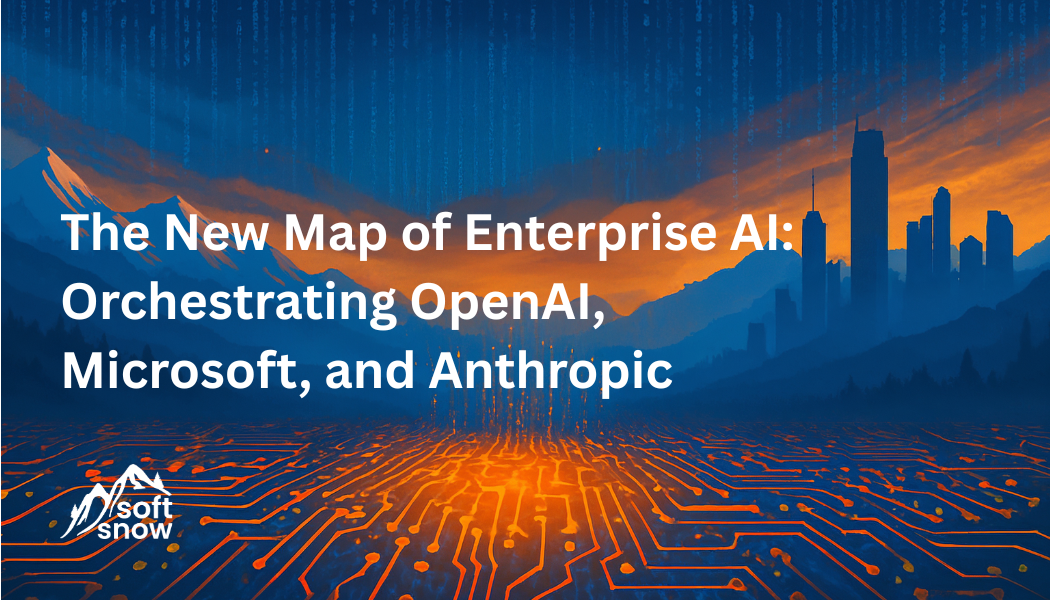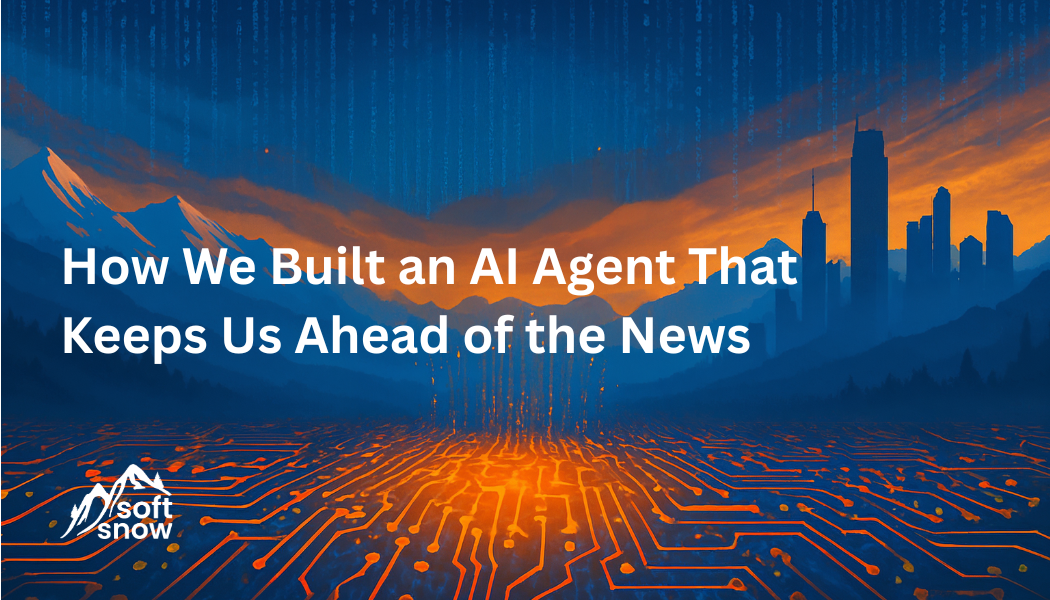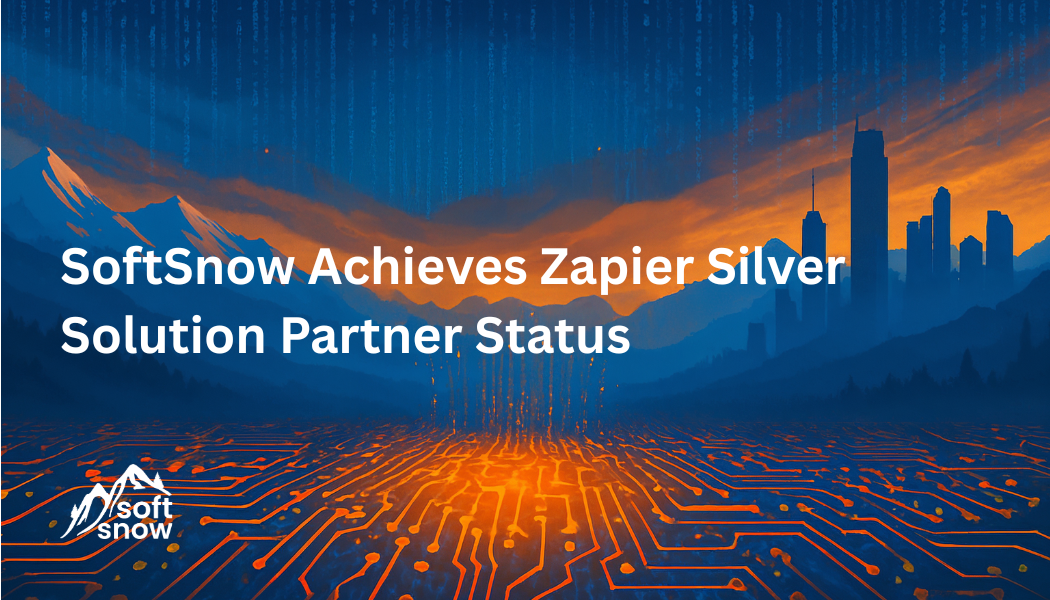.png)
Navigating the peaks and valleys of AI innovation can be challenging for even the most experienced climbers. At SoftSnow, we're your trusted guides through this rapidly changing terrain, highlighting the developments that matter most to forward-thinking business leaders.
Meta Accelerates AI Race with Ultra-Fast Llama API and Consumer App
Meta has made two significant moves that position it as a formidable competitor in the AI space. Through a strategic partnership with Cerebras, Meta has launched a new Llama API that delivers inference speeds up to 18 times faster than traditional GPU solutions, achieving an impressive 2,600 tokens per second. This dramatic performance improvement challenges established players like OpenAI and Google in the rapidly growing AI services market.
Simultaneously, Meta has released its first dedicated AI app powered by Llama 4, targeting mainstream consumers rather than business users. This consumer-focused approach signals a potential shift in user expectations across all digital experiences. As people become accustomed to sophisticated AI interactions in their personal lives, they'll likely bring these heightened expectations to workplace applications.
For businesses navigating AI transformation, Meta's dual approach demonstrates how speed and accessibility are becoming critical differentiators in the AI landscape. The performance gains achieved through specialized hardware partnerships may soon become the new baseline for enterprise AI deployments.
Microsoft Reveals 30% of Code Now Written by AI
In a revealing statement, Microsoft CEO Satya Nadella disclosed that as much as 30% of the company's code is now written by artificial intelligence. This significant milestone from one of the world's largest software companies provides concrete evidence of AI's growing role in software development.
This revelation offers business leaders a glimpse into the future of software engineering, where AI becomes an integral collaborator in the development process. For enterprises building digital products and services, this suggests opportunities to accelerate development cycles, reduce technical debt, and potentially address talent shortages by augmenting human developers with AI coding assistants.
The 30% figure also provides a useful benchmark for organizations to measure their own AI adoption in software development against an industry leader's implementation.
Mastercard Enables AI Agents to Shop and Pay on Behalf of Consumers
Mastercard is working with Microsoft and other leading AI companies to give AI agents the ability to shop online and make payments on behalf of consumers. This development represents a significant step toward truly autonomous AI agents that can complete entire transaction workflows without human intervention.
For businesses, this signals the emergence of a new commerce channel where AI agents, rather than humans, become the primary decision-makers and purchasers. This shift could fundamentally transform customer acquisition strategies, marketing approaches, and even product design as companies adapt to selling to both human and AI buyers.
The financial sector's embrace of AI agents also demonstrates growing confidence in the security and reliability of these systems for handling sensitive transactions—a positive indicator for broader enterprise adoption.
Microsoft Launches Phi-4-Reasoning-Plus, Proving Small Models Can Deliver Strong Reasoning
Microsoft has released Phi-4-Reasoning-Plus, a small but powerful open weights reasoning model that challenges the assumption that effective AI reasoning requires massive models. Through carefully curated data and specialized training techniques, this compact model delivers impressive reasoning performance while requiring significantly fewer computational resources.
For businesses implementing AI solutions, this development offers a more efficient path to deploying sophisticated reasoning capabilities without the infrastructure demands of larger models. The open weights approach also provides greater flexibility for customization and fine-tuning to specific business needs.
This release represents a growing trend toward more efficient, specialized AI models that can be deployed more widely across an organization rather than centralized in resource-intensive data centers.
Duolingo Doubles Course Offerings Through ""AI-First"" Strategy
Duolingo has more than doubled its language course offerings through an aggressive ""AI-first"" approach that has placed the company at the center of debates about AI's impact on labor and content quality. The language learning platform's strategy demonstrates both the transformative potential of AI for rapid product expansion and the complex questions it raises about the changing nature of work.
For business leaders, Duolingo's experience offers valuable insights into how AI can dramatically accelerate product development and scale operations. However, it also highlights the importance of thoughtfully managing the human dimensions of AI transformation, including workforce impacts and quality assurance for AI-generated content.
The company's willingness to openly acknowledge that certain roles may no longer require humans represents a level of transparency about AI's workforce implications that many organizations have avoided—making it an interesting case study in AI transformation communication.
As these developments show, AI continues to reshape business at an accelerating pace. The most successful organizations will be those that can adapt quickly while maintaining a human-centered approach to implementation.
Ready to discuss how these innovations might impact your AI journey? Our team of experienced guides is here to help you chart a path that balances technological advancement with practical business value. Reach out today to start the conversation.





